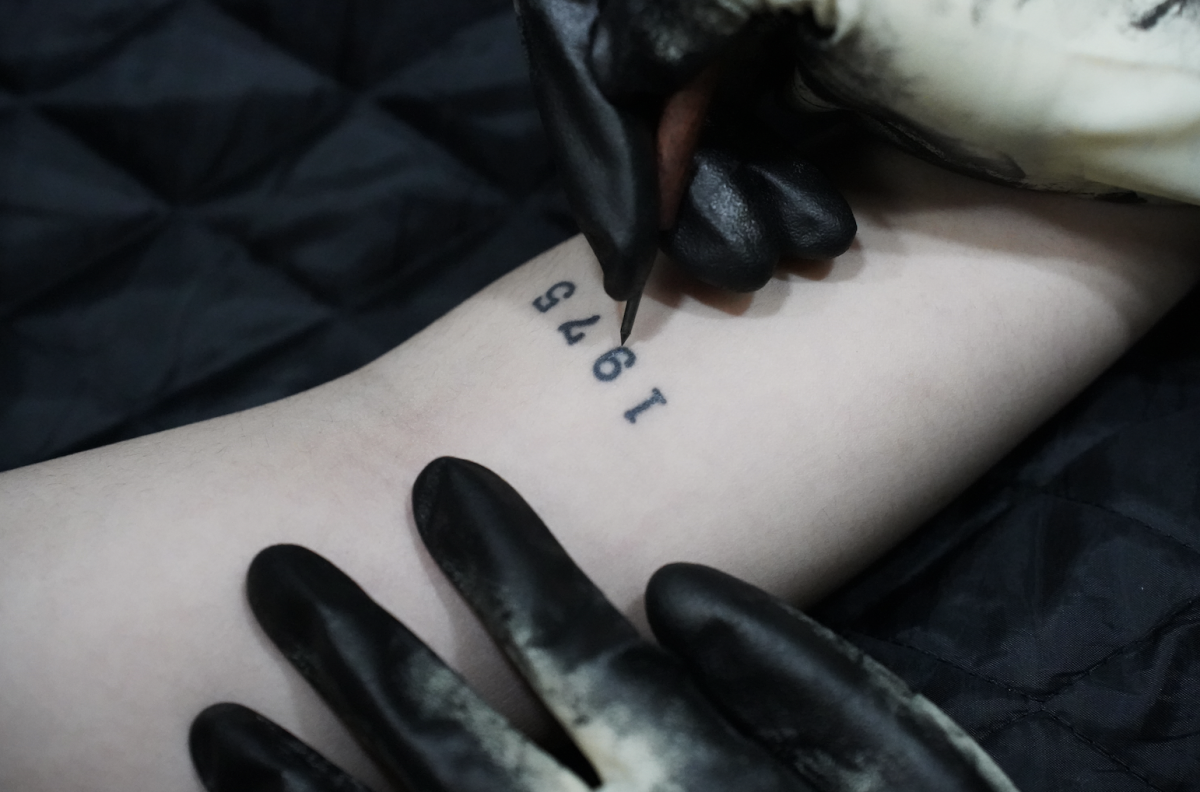As a new generation comes of age, tattoos and body art become a common sight. However, in the small country of South Korea, the untold stories of tattooists reveal a deeper context that evolving societal norms and the work of underground artists slowly begin to unravel.
The South Korean government classifies tattoos as a medical procedure, which means that only licensed medical practitioners can perform them. Even cosmetic tattoos such as semi-permanent eyebrows are illegal unless offered by those with medical licenses, mostly at dermatology or plastic surgery clinics. This archaic law dates back to the early 20th century, influenced by Confucian values and perceptions of tattoos as symbols of gangs or criminality. Consequently, non-medical tattooing remains both under the shadows and illegal. This forces the majority of practitioners to operate in clandestine studios or underground parlors and risk fines or legal repercussions.
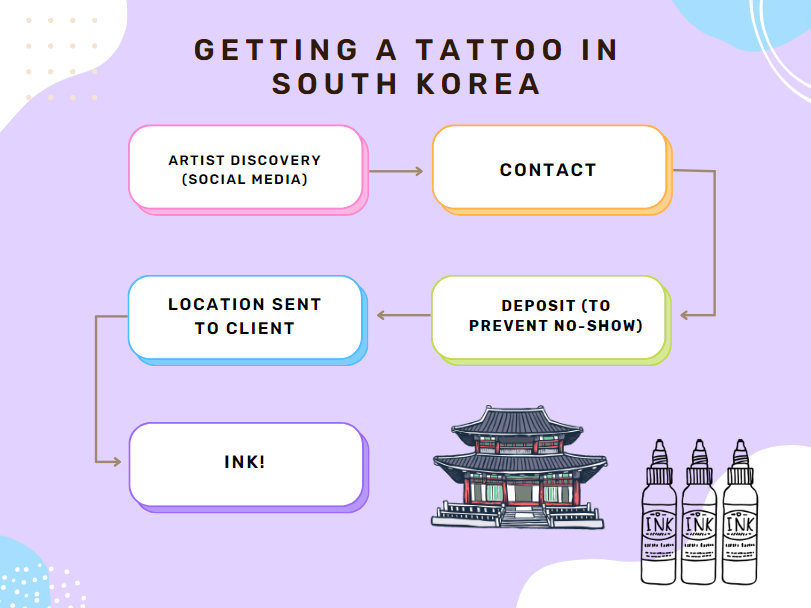
This brings light to a heavy misconception. The government does not hold clients liable as tattoos are legal but penalizes tattoo artists without medical licenses for the action. An artist under the tag Only (their identity will be concealed due to the illicit nature of tattoos) said, “There are some customers who exploit this illegality. Some customers demand refunds under the premise of suing for dissatisfaction after receiving a tattoo, or demand payment to remove it after a few years.”
Underground artists also face disadvantages in government support. “Legally, I am in an ‘unemployed’ status, so if another pandemic occurs, I cannot receive self-employed support from the government. Also, even if I need to spend a lot of money in the future, I cannot get a loan because my credit rating is low due to being unemployed,” they said.
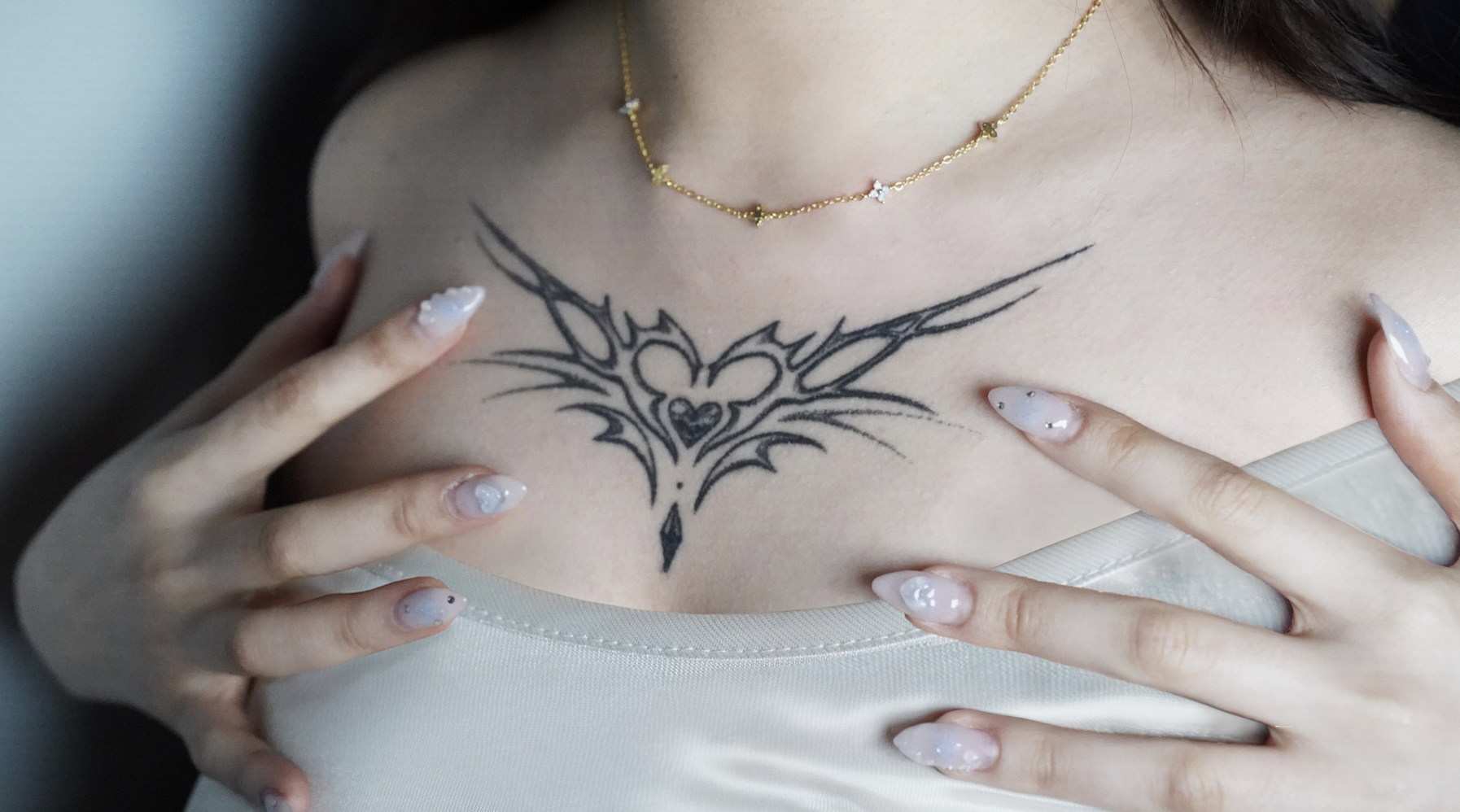
Despite legal obstacles, a growing number of tattoo artists engrave their niche in South Korea and showcase their talent to a wider audience with the help of social media. Platforms such as Instagram and TikTok emerged as virtual galleries for artists to connect with clients while they maintain their anonymity.
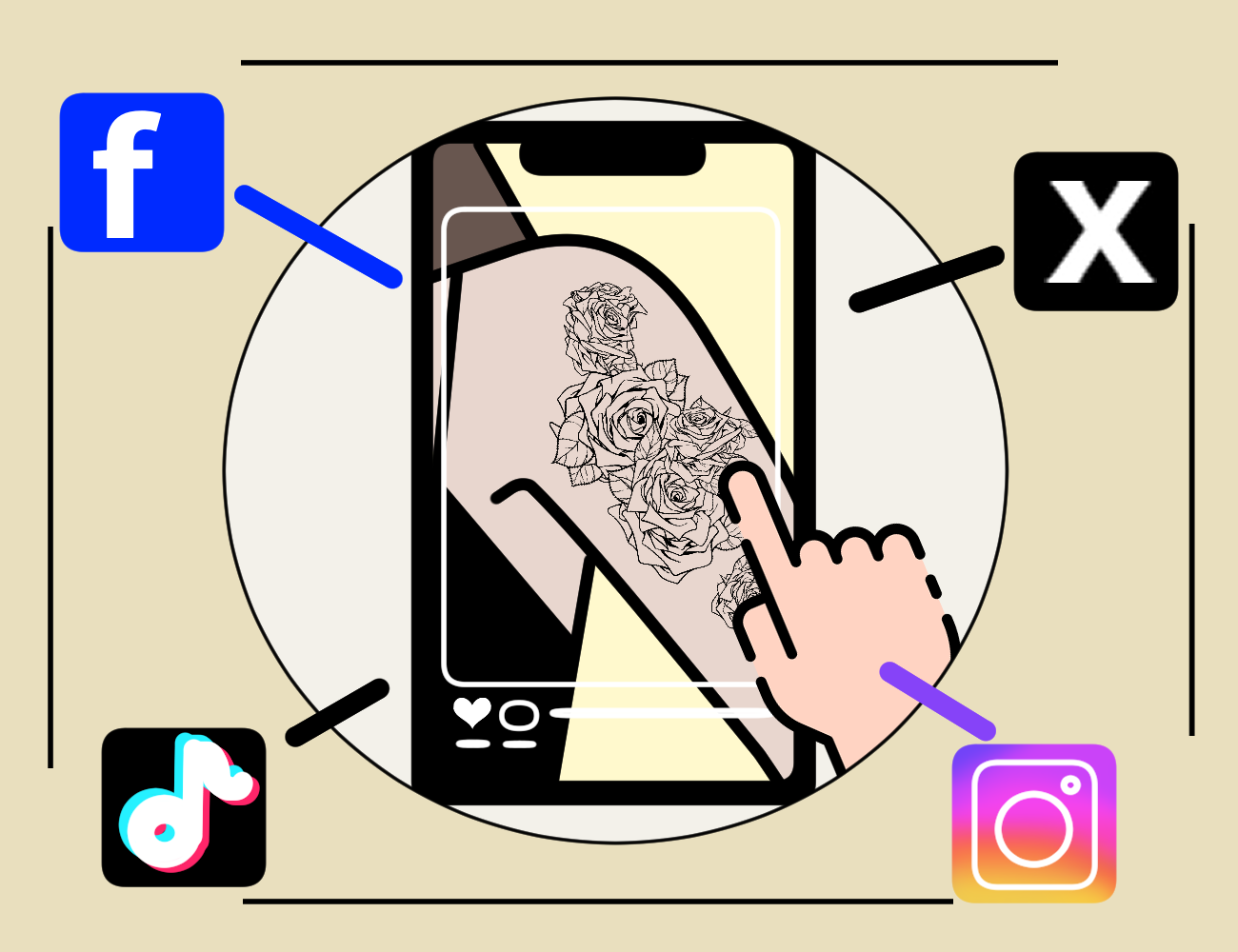
Unlike previous generations who viewed tattoos with suspicion or disdain, younger Koreans embrace individualism and self-expression, unencumbered by traditional norms. Popular idols such as BTS’s Jungkook or Jay Park have also joined the shift. With globalization and exposure to diverse cultures, the population increasingly perceives tattoos as a form of artistry rather than a mark of deviance. The influx of foreigners over the past decade contributed to this change in perception.
Tattooists work to protect themselves as they wait for popular perception to translate to changes in the law. These artists formed a Tattoo Union, which protects its artists through consent forms that customers must sign to prevent biased court cases in worst-case scenarios. Only said, “I protect myself as much as possible by joining the Tattoo Union. But if reported or sued, I know that tattooists lose almost 99.9% of the time, so most of them settle and move on.”
While the perception of this form of art has slowly started to change, few bring up its legalization. Even tattoo artists who have early access to the latest legislative updates via the Tattoo Union have heard little of possible changes. “[The Tattoo Union] always proposes legalization in the National Assembly every year, but in the end, they are excluded from the discussion. Some members of the National Assembly say they will promote legalization, but it seems that proper discussions have never been held,” Only said.
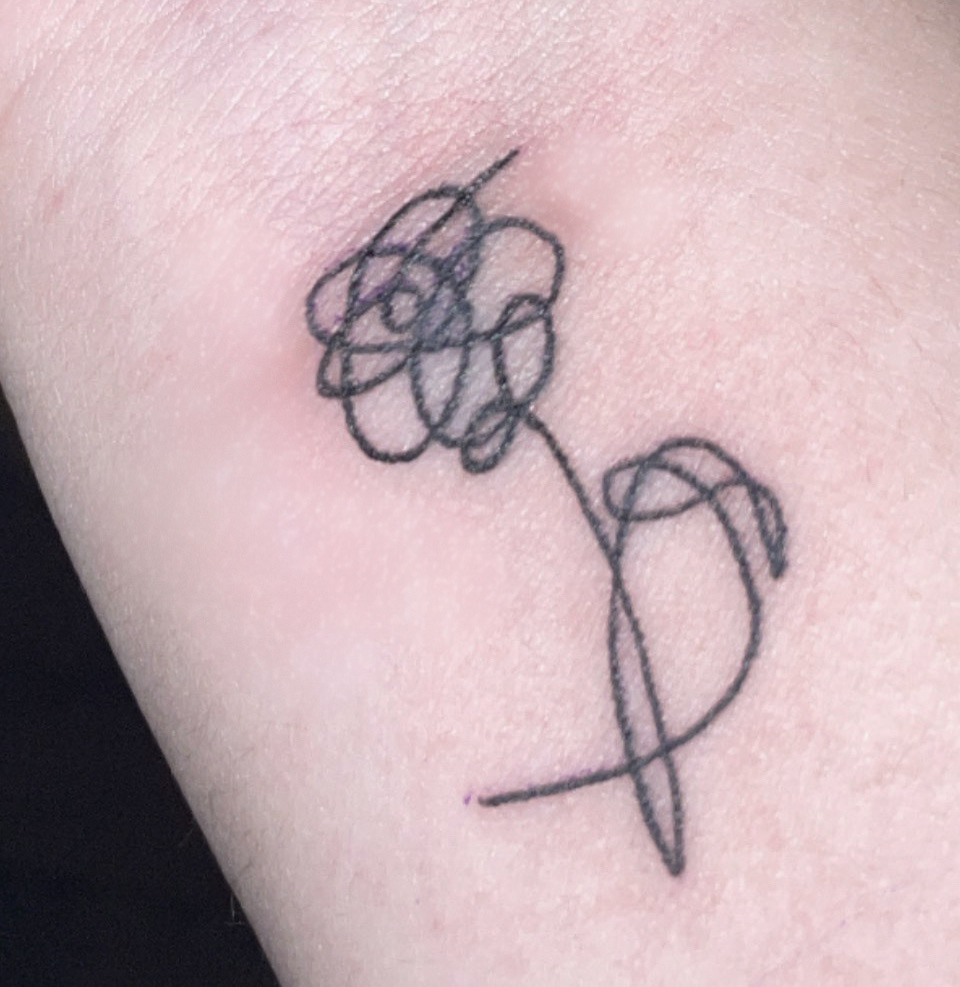
A profession with immense neglected history, tattoo artists still face everyday challenges to pursue what they love. But as societal attitudes continue to evolve, the future of the industry in the country can only be hopeful. In this new era, tattoos begin to reclaim their rightful place in Korean society as symbols of artistry, individuality, and culture.
This story was originally published on Jets Flyover on February 18, 2024.




































